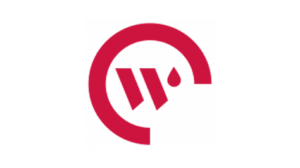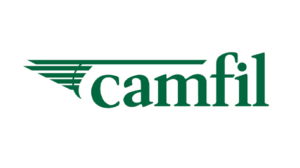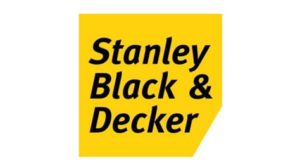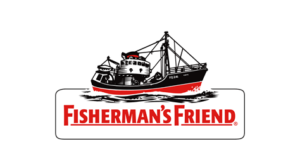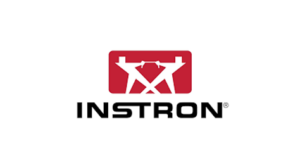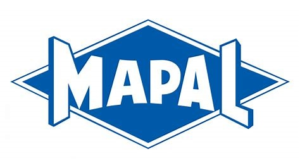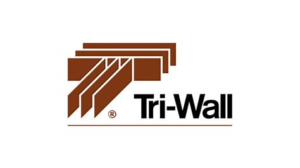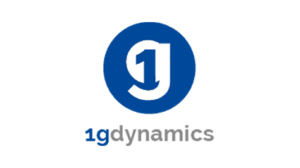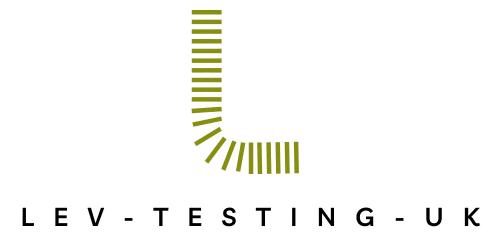LEV TESTING UK
COSHH COMPLIANT | EXPERIENCED WORKFORCE | CLEAN AIR PROVIDER
At the core of our services lies COSHH compliant LEV testing for a diverse range of LEV extraction systems across various customer sites. Our comprehensive inspections encompass every facet of the equipment, from hoods to filters and ducting, ensuring adherence to HSE guidelines for LEV testing. This meticulous approach guarantees a thorough assessment of all equipment, optimizing the efficiency of your LEV system. Following the examination, a detailed report is meticulously prepared, outlining system equipment details, sketches, test readings, and any required corrective measures. Our team uses specialized instruments such as an anemometer, manometer, and pitot tube to accurately measure the technical performance of your LEV system, in accordance with HSE’s LEV guidance HSG 258.
Get a LEV Test booked
Get A Quote
Please provide your name and email address, and we will contact you soon.
Get a date
We will arrange a date for you with one of our skilled engineers at a time convenient for you.
All necessary paperwork will be provided:
- Risk Assessment
- Method Statement
- Insurance Certifications
- Engineer Information
- Accounting Information
Get a Test
The engineer will arrive at the site as per agreed conditions to conduct LEV Testing on the specified LEV Systems outlined in the RAMS, following HSE guidelines.
A report containing feedback on the LEV system and a detailed analysis will be provided afterward.
LEV TESTING: Ensuring a healthy, safe and compliant work place
We conduct COSHH compliant LEV testing on extraction systems at various customer sites, examining hoods, filters, and ducts in line with HSG requirements. This guarantees accurate assessment and optimal performance of your fume extraction system. A comprehensive report is provided detailing equipment, sketches, readings, and any required corrective actions. Our experienced engineers are qualified to conduct LEV tests in adherence to HSE standards for ventilation systems, maintaining the technical efficiency of your extraction system.
Our team of seasoned engineers brings years of expertise to each LEV test they conduct. Their high level of qualification ensures that your system undergoes a rigorous review by professionals who prioritize precision and effectiveness in their evaluations. These experienced engineers are well-versed in the latest industry standards and regulations, guaranteeing that your LEV system not only meets but exceeds safety requirements. With their extensive knowledge and meticulous attention to detail, you can have full confidence in the accuracy and thoroughness of their assessments. Additionally, our team is dedicated to providing tailored recommendations and solutions to optimize the technical performance, airflow and efficiency of your LEV system, ensuring a safe and healthy working environment for all employees.
What does LEV Stand for?
LEV or Local Exhaust Ventilation is an engineering system frequently used in the workplace to protect employees from hazardous substances. This applies to any oil mist, welding fume, smoke and dust extraction units.
What does LEV Testing mean?
A Local Exhaust Ventilation (LEV) test is defined as a
“Detailed and systematic examination sufficient to make sure that the LEV system can continue to perform as intended by design and will contribute to the adequate control of exposure. The thorough examination would normally include such functional testing to provide sufficient evidence to indicate adequate control is being achieved.”
Is the LEV Test a legal requirement?
The Health and Safety Executive (HSE) stipulates regulations for LEV testing companies in the Control of Substances Hazardous to Health (COSHH) guidelines. It is obligatory for employers to uphold suitable working conditions for their employees, as required by safety law. Employers utilizing LEV techniques must have their equipment inspected and tested, with a legal requirement for the equipment to be maintained in an efficient state and in good repair. The COSHH regulations necessitate a competent individual to conduct the LEV System and produce a report based on the test results. A qualified engineer will assess each LEV system, provide a compliance status, and document all findings in line with HSE regulations. This includes ensuring proper maintenance and functionality of the LEV equipment. Further details on hazardous substances can be found at www.hse.gov.uk/cleaning/topics/coshh.htm.
How often should LEV be Inspected?
It is a legal requirement of COSHH (Control of Substances Hazardous to Health) regulations for each LEV system to be tested every 14 months by a competent person to ensure it’s working effectively and safely in removing hazardous gas and particulates. Some LEV systems will require more frequent testing depending on their application. Inadequate testing is a finable offence as it can cause serious health complications for employees; such as respiratory issues and exposure to harmful particulates.
The examination of oil mist, welding fume, smoke, and dust extraction units, as well as any systems generating airborne contaminants in the workplace, should be conducted by a competent individual. The tests and reports must adhere to the Health and Safety Executive (HSE) standards to ensure a safe working environment. Following the guidelines outlined in HSG258 is essential for meeting the statutory requirements and safety standards outlined in the 1974 work act.
It is crucial to regularly assess and maintain these extraction units to prevent health hazards associated with airborne pollutants such as fumes, dust, and vapours. Proper ventilation and filtration systems are key in safeguarding the well-being of employees and complying with regulatory standards. Additionally, providing adequate training to personnel on the importance of maintaining a clean and healthy work environment can further enhance workplace safety practices, especially in preventing chronic obstructive pulmonary disease (COPD) and other respiratory illnesses.
By prioritizing the inspection and upkeep of extraction units and implementing measures recommended by HSG258, businesses can create a healthier workplace for their employees while also demonstrating their commitment to occupational health and safety regulations.
Our lev engineers hold the BOHS P601 certification, which is one measure of competency in this area. We pay close attention to the HSE stipulations while undertaking any examination, maintenance, or repair work.
Although, regular lev testing is a legal requirement, lev servicing should also take place for a peace of mind and provide a safe working environment that ensures good control measures are always in place. We can provide lev servicing of each and every local exhaust ventilation system which can be included in an overall maintenance package.
Test Report Outcomes
If the system PASSES the lev testing requirements, all the documentation will be sent out digitally as proof of certification.
Ensuring that a system meets regulatory requirements is crucial to passing the LEV (Local Exhaust Ventilation) testing. If a system fails the LEV test, it signifies that it does not comply with the necessary regulations and standards for the exposure of workers. In such instances, recommendations will be provided for the LEV system, along with a detailed quote for any required remedial works. By implementing these recommendations and necessary adjustments, the goal is to bring the system into full compliance, ensuring that it operates effectively and safely by removing any harmful substances from the environment.
It is important to address any issues identified during LEV testing promptly to maintain a healthy and safe working environment for employees and to adhere to legal requirements. Implementing the recommended changes not only helps in meeting regulatory standards but also contributes to enhanced operational efficiency and employee well-being. Regular monitoring and maintenance of LEV systems are essential to ensure continued compliance and effective removal of contaminants from the workplace.
What does LEV Testing mean?
The reports and certifications that we provide are legal documents that include the following:
- Full company details and date of test
- Method statement
- Risk assessment
- System and equipment information
- Details of the substance/process being controlled
- Test data including static pressure, velocity and volume flow rate
- Readings from all extraction points
- Test point readings
- LEV system photos
- Schematic drawings
- Pass / fail
- Report observations & improvement
- Recommendations
Note: The documentation is suitable for insurance needs and should be kept on record for a period of 5 years.
Examples of additional Photographs / Schematics we provide:
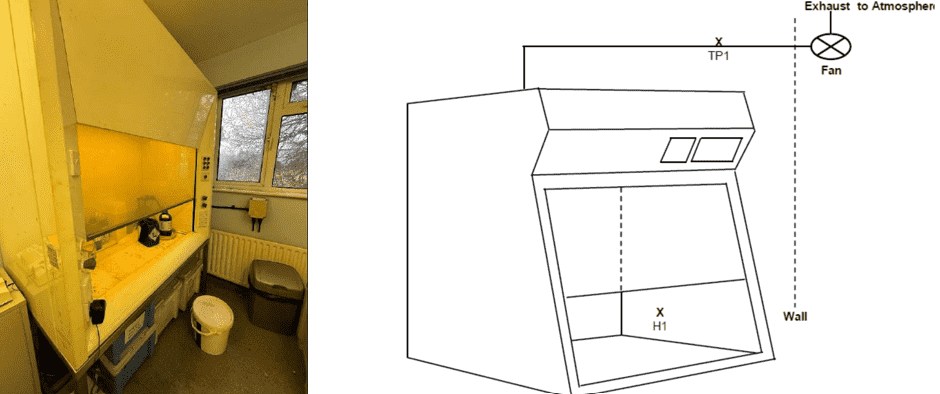
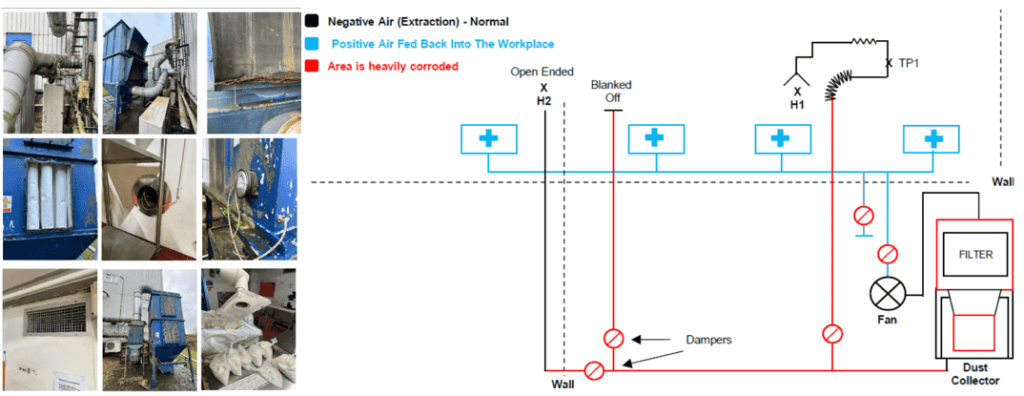
Customers





We currently work with

